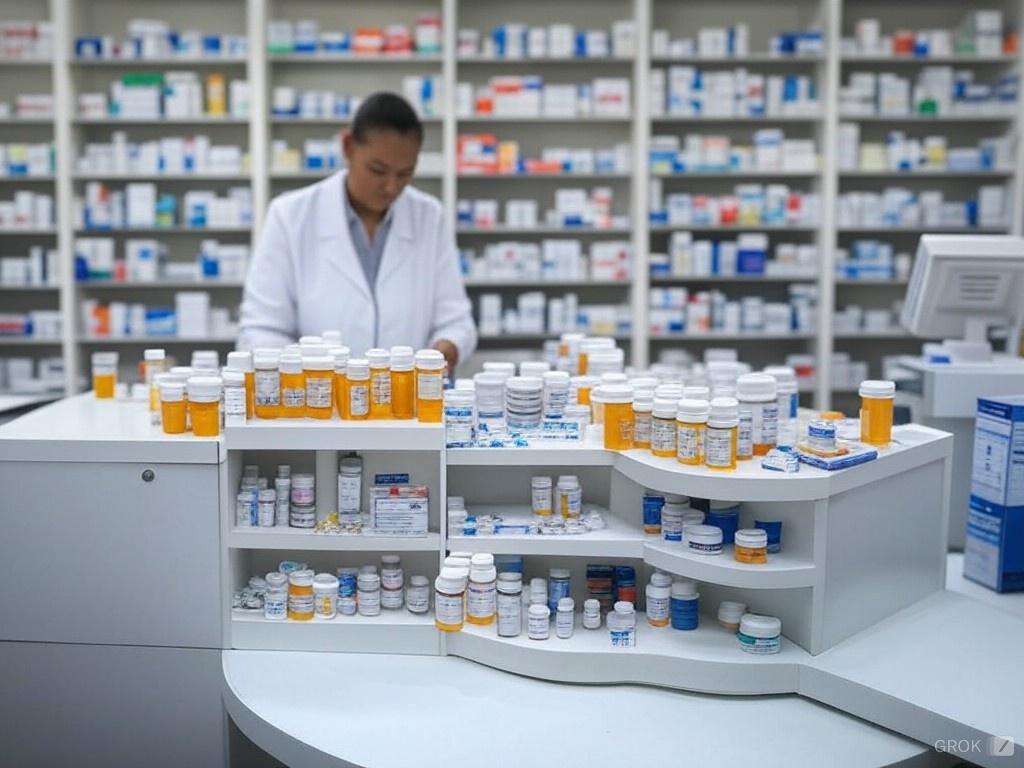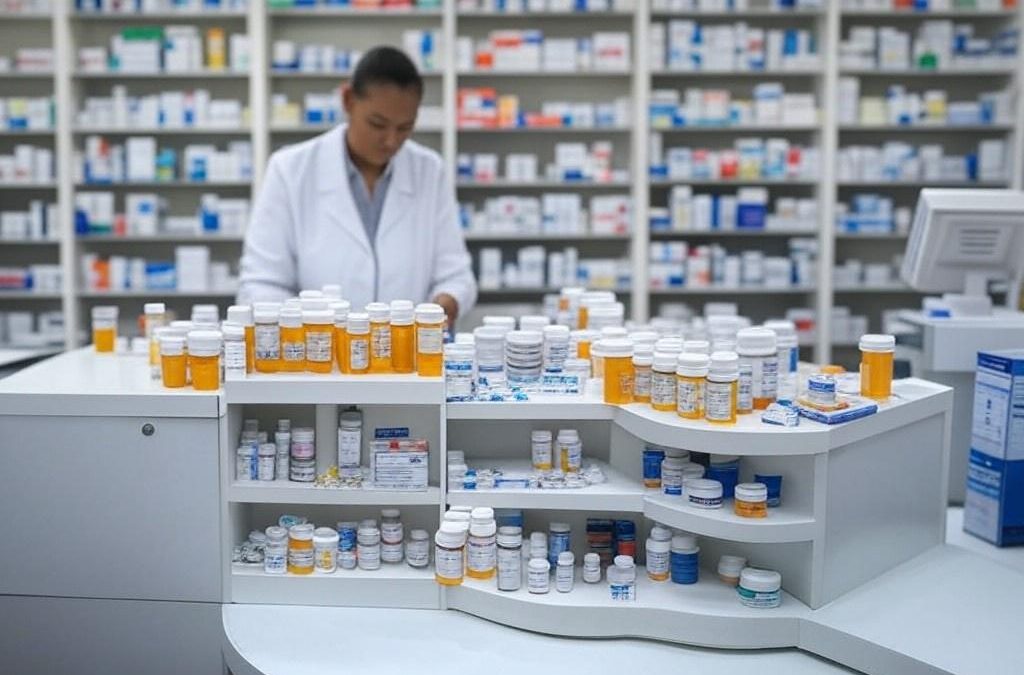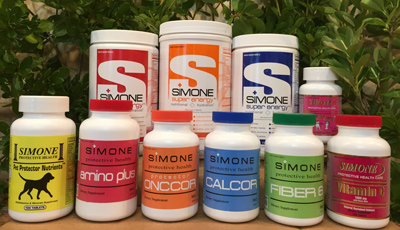We do not diagnose disease or recommend a dietary supplement for the treatment of disease. You should share this information with your physician who can determine what nutrition, disease and injury treatment regimen is best for you. You can search this site or the web for topics of interest that I may have written (use Dr Simone and topic).
“We provide truthful information without emotion or influence from the medical establishment, pharmaceutical industry, national organizations, special interest groups or government agencies.” Charles B Simone, M.MS., M.D.
PHARMACY BENEFIT MANAGERS OR PBMs – NOT YOUR FRIEND

Lawrenceville, NJ (Dr Simone) – Some companies (including insurance companies), municipalities, and Medicare (because of law) don’t negotiate the price of drugs, so they rely on pharmacy benefit managers or PBMs to negotiate down the prices. The price reductions are based on the list price in the form of rebates from BIG PHARMA and discounts from drugstores. In return for the price reduction, the drug gets on the formularies making it easier for patients to get the drug because no prior authorization is needed. But instead the PBM drives the price up and pockets the kickbacks – the rebates and discounts – that should be passed on to consumers and patients. So when a drug price go up, the PBM profits.
PBMs have been systematically underpaying small pharmacies, helping to drive hundreds out of business. The pattern is benefiting the largest P.B.M.s, whose parent companies run their own competing pharmacies.
Express Scripts is a PBM and is the 22nd largest company in America. In addition to fulfilling prescriptions, it owns a pharmacy that sells expensive drugs. It also owns a company that ships and packs expensive drugs. And it also had a contract to be the exclusive distributor of a very expensive medicine, Acthar, that was first developed in 1952 and no R&D has since been done. Other PBMs have similar business models – they fulfill prescription medicines, own other companies and may also have exclusive distributor rights to other drugs. The conflict of interest is enormous. Instead of negotiating drug prices down, they profit when the prices are higher. In fact, 60% of United Healthcare’s profit of $370 million is from PBMs.
When drug prices go up, everyone in the chain makes money: BIG PHARMA, PBMs, pharmacies, hospitals, doctors for consulting, running research studies, and/or speaking to other doctors who are paid in some way to attend the lectures, etc.
The playbook is the same: Raise the price of a drug to a very high level, pay some doctors for consulting, for running research studies, and/or for speaking to other doctors who are paid in some way to attend the lectures. The paid speaker likely also prescribes the drug as well as some of the doctor attendees. Big Pharma and PBMs profit greatly.
You can check any doctor on Pro-Publica, an investigative reporting group that tracks how much physicians earn from drug companies. You will be surprised at the amount paid by Big Pharma to some doctors and paid to some major hospitals.
(c) 2018 Charles B. Simone, M.MS., M.D.




